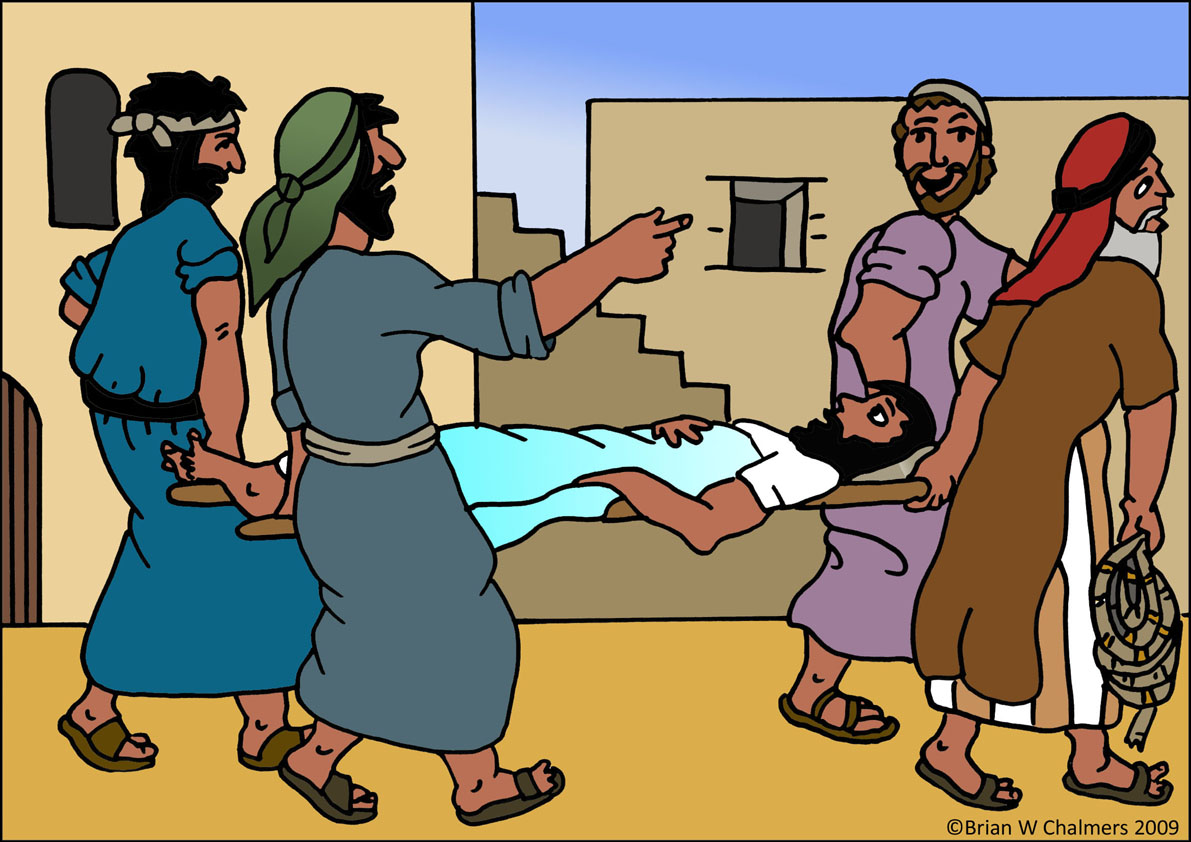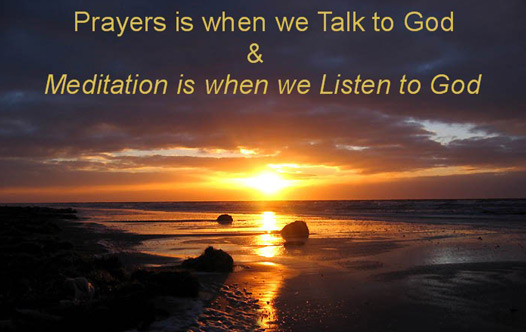On my way to work in the mornings I tend to arrive at the train station about 10mins early so I can sit in my car and read my bible and pray a bit (I know, I am so holy and I put you all to shame). I do this so I start my day the right way, focused on God and not on how tired, grumpy, wanting to be in bed I feel.
Sometimes I just go through the motions. I don't really take in what I am reading and/or I don't really care (maybe not that holy after all). But sometimes what I have read really gets me thinking.
Like yesterday for example.
I was reading Mark 2:1-13. For those who don't know their bibles off by heart (shame on you.....you are going stright to hell, do not pass go, do not collect $200...jokes) this bit tells the story of a paralytic man. Jesus is chilling in a house, maybe eating some dinner or something, when the people of the town hear he is there. Like the celebrating swarming of the 1st Century, they all flock to see him, filling the house and the road outside and basically acting like people do around the Kardashians today, but for much better reasons (hopefully).
In this town there is a paralytic man who is hanging out with his mates, who start to think to themselves that maybe they should get him to see Jesus and maybe something like a healing would happen (because by now stories of Jesus' healings have spread). So they pick up this guy on his mattress and start carrying to the place where Jesus is.
When they get there the doorway is full of people who are not gonna give up their precious opportunity to see and hear Jesus. Perplexed, these fellas start brainstorming and decide to climb up on the roof (which is flat in this part of the world, and usually has stairway access), and dig a hole through the roof (really hope the owner was pissed off that this) and then lowered the man, mattress and all, down to right smack bag in front of the great man himself.
Now I can imagine Jesus looking at the man on the mat, then looking up at the hole in the ceiling and breaking into a huge smile. He is really impressed with the faith and commitment they have all shown. So he looks at the man and says "your sins are forgiven." Some religious elders and stuff and kinda annoyed by this because in their reckoning only God has the authority to forgive sins and Jesus is a man. So Jesus (apparently reading their minds!!!) looks at them and says "which is easier, to forgive sins or to tell this man to get up, pick up his mat and walk. But so you know that the Son of Man [a title Jesus uses for himself] has the authority to forgive sins..." he looks at the paralytic man "stand up, pick up your mat and walk home." And the dude, who is paralysed remember, gets up, picks up his mat and walks out.
Now there are many amazing things about this story. I mean, the paralysed guy would have had muscles that were all shrunken and munted and yet he could get up and walk straight away! The full body healing that occurred here is mind blowing in medical terms. It is not just the cause of his paralysis that is healed, but all of the issues associated with that. All instantaneously!! Flippin wow!
But what struck me yesterday was not the healing. It was that the healing was almost an afterthought in the story.
Jesus didn't heal the guy immediately. He forgave him first. And then he implies that it is harder to forgive sins than to heal this man.
The healing is not of the first importance to him!!
This made me think about the priorities I would have placed on this story. If I had been Jesus I would have healed the guy first then said something like "BOOM! Look at what I can do! Now believe all you peeps, because I am badass and,as a bonus, I will forgive his sins too!"
In churches I see the same thing. We pray often for people's healing, but how often is there salvation or relationship to God seen as more important than their physical ills. It is the mentality that says "show me a miracle first and then I will believe and ask to be saved."
And yet that is directly opposite to what Jesus does here. His main focus is on the spiritual ill of the man. He sees that the healing that had to occur between this man and God was more deadly, more disastrous than the physical disabilities he had. This reconciliation of man and God was the priority.
How would this attitude impact how we speak to people with disabilities and illnesses? If we adopted this attitude what would change in our hearts towards others? Would we stop seeing people with disabilities as something to be pitied but rather view the state of their faith as more important? Would their disability pale in comparison to their knowledge of God? Would we approach them differently? Would we approach our own issues differently?
I for one am someone who empathizes greatly with people who suffer from disabilities; I have been one and, but for the grace of God, would still be one. I remember feeling like if people prayed for my healing and it didn't happen, that I or they had failed in their faith. I stopped asking for prayer because I felt ashamed.
It was in the prayers of some ladies who prayed for God to be made known to me, not to be healed, that I was healed. They prayed for my salvation, and God, like in this story, forgave me first and healed me second. And the first was more important for me than the second. My shame and fear was lifted. Even if I had remained in my illness I believe that my experience with God in that moment would have changed my life anyway, even if not others perception of my life.
So when you pray for healing for others (and I am not saying not to) remember that of greater importance to God is that this suffering person would know the love and forgiveness of Christ. It is then that true, deep healing is found, that the broken is made whole, and the world is reconciled to its Creator.


















